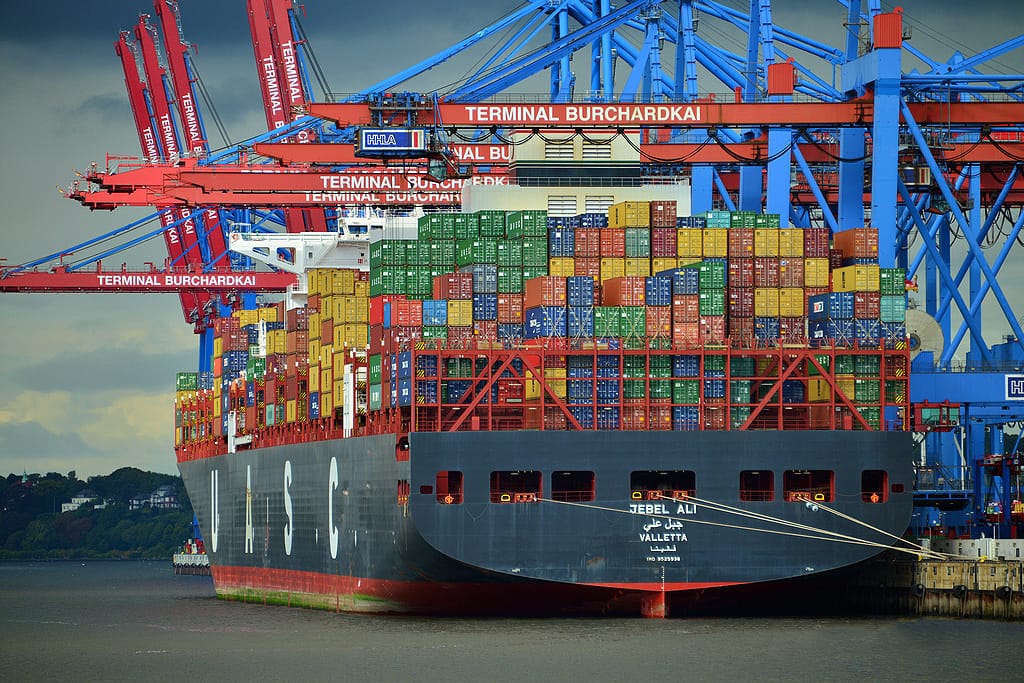Not so free digital trade

Welcome to the ninth issue of my monthly newsletter
I'll be sharing analysis and short stories about digital transformation, practical recommendations, or recommended reading on this platform.
This time, let’s talk about the difficulties in digital trade, data at the core of the digital economy, weird incentives, and how our institutions are slowly catching up to address the complex questions raised by digital trade.
Please enjoy!
Back in 1995 when the General Agreement on Trade in Services entered into force, paving the way for the establishment of the World Trade Organization and laying the foundation for another wave of free trade that would lead to the decade-long globalization, digital trade was seen mostly as software on CDs crossing borders in the form of physical goods.
The growing commercialization of the Internet since the 1990s made it quickly clear, however, that international networks allow for the flow of immaterial goods in the form of data. Very much in the spirit of the founding figures and visionaries of the internet and the globalization mind-set at the time, free flow of data was seen as a given, the implementation of this ideal being discussed several times e.g. at the Internet Governance Forum.
But, just as was the case with trade in physical goods and services, the ideal of free "trade" in the digital space is just that: an ideal. One that is consistently challenged for various reasons. And as a consequence of such challenges, other ways of handling data flows have spread, e.g. in the form of a flurry of bilateral agreements like the recently updated Data Privacy Framework between the US and Switzerland and a similar framework between the US and the European Union after a previous version had been challenged in court and will be challenged again.
This comes after years of governments, particularly outside the West, have put more effort into erecting barriers to data flows and gain back control in the digital sphere under the keyword "data sovereignty." Unsurprisingly, the value creation associated with the digital economy and its unequal distribution across the globe also draw sharp criticism about previous trade imbalances, e.g. as mentioned in the 2021 Digital Economy Report by UNCTAD.
This situation of bilateral and regional agreements is something that is also known from "traditional" trade governance and precisely the reason institutions like the WTO were founded. Nevertheless, only in the last years - decades after the rise of the internet and now in a difficult geopolitical context - are we seeing negotiations and talks about data flows and digital services across borders, e.g. a negotiated deal that lacks US backing, however. On the European Level, the idea of a Digital Single Market had been discussed already some years ago and while tackling real-life issues like roaming or the availability of audiovisual services, there remain unresolved issues that would put digital trade on the same level as the other European freedoms, leading to new policy initiatives like the Digital Markets and Digital Services Act that come with their own issues.
That there is a clear gap between the stated ideal of free flow of data and the much more complicated reality of a patchwork and unclear regulations is more than a theoretical problem, given the clear importance of data flows in the digital economy. The allure to collect, analyze, and sell data continues to grow, leading companies to see it as a virtually free additional revenue stream and putting pressure on them to enter the "data trade" as well. This perverse incentive makes it even more important for policymakers to clarify rules governing data flows and better coordinate to tackle the complex questions data raises - from privacy and bias to value creation and control.
Subscribe to this newsletter and follow me on social media for more publications and thoughts:
LinkedIn
Twitter
Bluesky
Mastodon